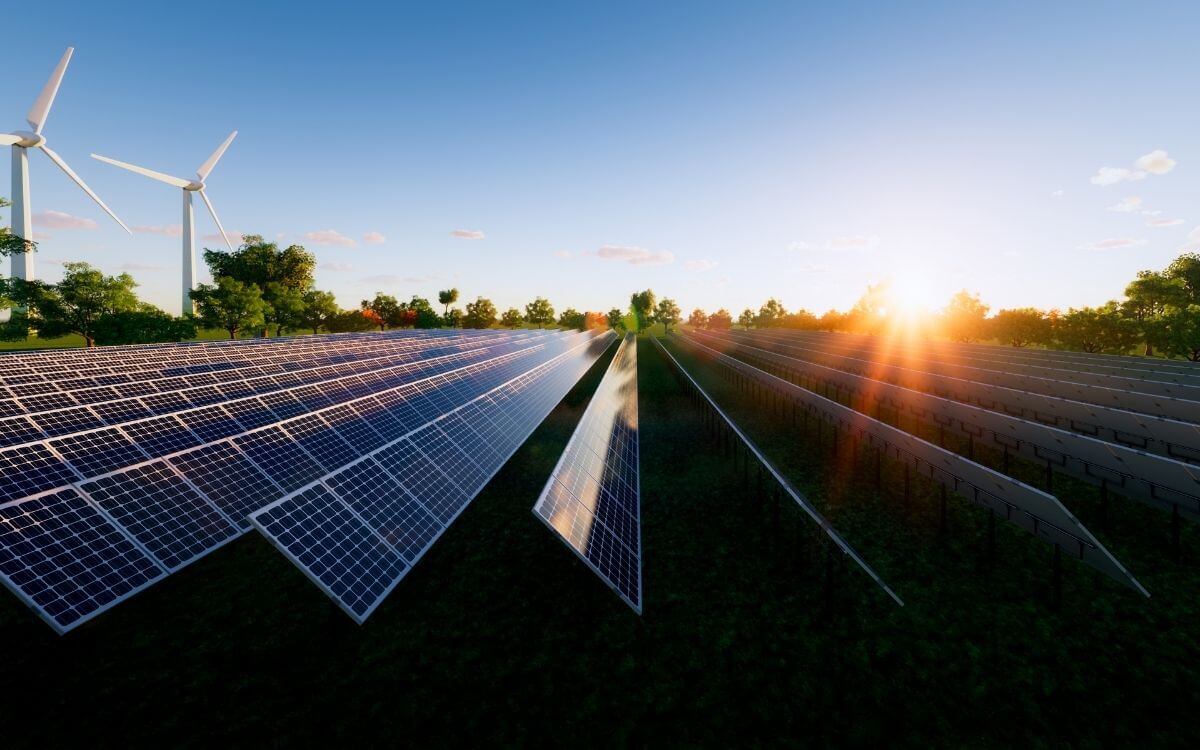1 July 2021
On Tuesday 22 June 2021, Labor, the Greens and cross-bench senators blocked the Morrison government’s plans to invest taxpayer funds into fossil fuels and adjacent technologies. The Senate vetoed regulations which sought to expand the Australian Renewable Energy Agency (ARENA) investment remit to projects with high greenhouse gas emissions profiles.
ARENA was established in 2012 to improve the competitiveness and supply of renewable energy in Australia. To give effect to these aims, ARENA is empowered to provide financial assistance to support renewable energy technologies.
Energy Minister Angus Taylor sought to bypass the parliament and implement new regulations to expand ARENA’s investment remit to fund non-renewable projects. This included carbon capture and storage (CCS), blue hydrogen projects and ‘low-emission’ technologies. ‘Low emission’ technologies was left undefined by the proposed regulations.
EJA lawyers were engaged by the Australian Conservation Foundation (ACF) to advise on the legality of these regulations, given they were an attempt to expand ARENA’s powers in a way which is inconsistent with the agency’s legislated purposes – supporting renewable energy. Our advice was used by ACF in their advocacy which helped to secure enough support to disallow and block the regulations by vote.
This is a huge win for our environment, as it ensures ARENA can continue driving innovation in the renewables space. As of 31 March 2021, ARENA has invested $1.67 billion into 579 projects across Australia, which has contributed to ‘unlocking a total investment of almost $6.84 billion in Australia’s renewable energy industry’.
Greenhouse gas emissions profiles of CCS, blue hydrogen and ‘low-emission’ technologies
On their face, CCS, blue hydrogen and low-emissions technology may seem to be beneficial for our environment. Minister Taylor himself tweeted that they are ‘new clean technologies’ that will serve as ‘technology to reduce emissions’. However, this is not the case, and their inclusion as eligible technologies only serves to prop up the fossil fuel industry, potentially at the expense of the renewable projects ARENA currently supports.
CCS technologies have been described by the Climate Council as an ‘expensive failure’. CCS involves capturing, transporting and storing greenhouse gas emissions from projects with high greenhouse emissions, including fossil fuel power stations. CCS projects are expensive and despite billions of dollars of investment, remain an unproven technology.
For example, Chevron’s Gorgon Gas Plant in Western Australia is the world’s largest CCS project, has costed an estimated $2 billion and has only managed to capture less than half the emissions needed to make the project viable.
CCS prolongs fossil fuel dependency, as it works to operate in conjunction with projects with high emissions profiles, actively precluding any efforts to transition away from fossil fuels.
Though hydrogen appears to be a renewable solution, blue hydrogen involves a process which relies on fossil fuels in its production and is reliant on unproven CCS technology to capture greenhouse gases. This is distinct from green hydrogen, which only uses renewable energy sources such as solar, wind or tidal power in its production.
‘Low-emission’ technologies were intentionally undefined in the regulations. It is therefore unknown what falls within this definition. It is noted that ‘low-emission’ technologies may be wide enough to cover funding of natural gas projects, as the Morrison government has indicated that funding into ‘gas is part of [their] plan to reduce emissions’.


